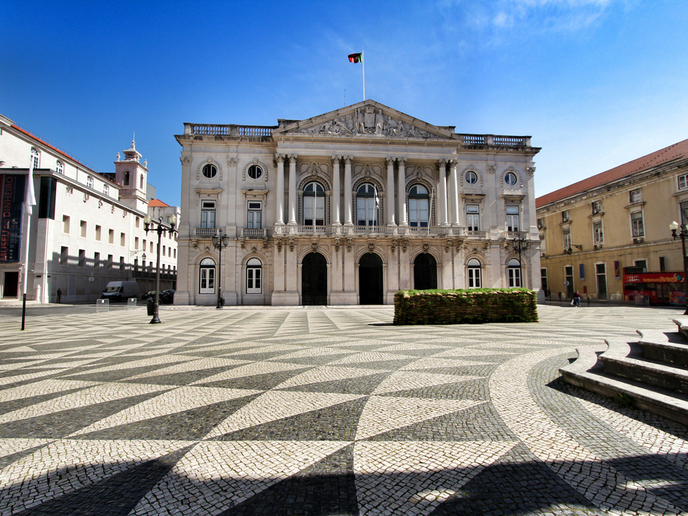How to achieve energy efficiency and preserve heritage
The benefits of smart city initiatives to improve the quality of life are increasingly recognised. Across Europe, several EU-funded projects are preparing cities for a sustainable future, creating new systems for urban energy management, retrofitting public and private residential properties, and developing e-mobility solutions. The Sharing Cities project is a case in point with its latest achievement in deploying a groundbreaking retrofit in Lisbon’s historic City Hall that resulted in a significant reduction in energy consumption. “Interventions to reduce energy usage included replacing the heating, ventilation and air conditioning (HVAC) system, switching to LED lighting, installing solar panels and deploying advanced energy management tools,” as noted in a news item in the ‘Cities Today’ digital magazine. “Lisbon’s City Hall, which was completed in 1880 and is home to the Municipal Chamber of Lisbon, the Mayor and over 100 staff, was among the five most energy-consuming buildings owned by the municipality.” The same news item states: “New data from the building retrofit initiative in Lisbon shows that between June 2019 and February 2020, energy consumption at City Hall was reduced by 36 percent (in killowatt-hours/KwH), and electricity usage from the grid decreased by half, from 500 megawatts in 2016 to less than 250 megawatts in 2019. On average, 90 percent of energy from solar generation was used within City Hall.” Quoted in the news item, David Cunha, Senior Adviser for Information Technology and Digital Transformation at Lisbon’s Municipality, comments: “Heritage buildings are commonly perceived as difficult to rehabilitate. Thanks to Sharing Cities, the deep energy retrofit of Lisbon City Hall sets a world-class example of what can be achieved through collaboration.”
Replication potential
According to the Cities Today news item, the installation of a sustainable energy management system (SEMS) was aimed at checking “the loads from the PVs [photovoltaics], HVAC, water heaters and other equipment. Developed by Sharing Cities, the SEMS advanced modular system centralises information and control of local energy systems and devices, and optimises the energy network.” In the same news item, Nathan Pierce, Sharing Cities Programme Director and Head of the Smart London Team at Greater London Authority, states: “The significant energy savings realised in Lisbon’s City Hall using tried-and-tested solutions represent a high replication potential for other cities facing similar sustainability challenges, especially in historic buildings.” The Sharing Cities (Sharing Cities) project, which will run until December 2020, has introduced shared electric mobility services, integrated energy management systems and smart street infrastructure, and retrofitted buildings. It has also developed data-sharing platforms in consultation with communities and residents. Its demonstration areas in the lighthouse cities are Porta Romana/Vettabbia in Milan, downtown Lisbon and Royal Borough of Greenwich in London, while its fellow cities include Burgas, Bordeaux and Warsaw. “By fostering international collaboration between industry and cities, the project seeks to develop affordable, integrated, commercial-scale smart city solutions with a high market potential,” as noted on the project website. For more information, please see: Sharing Cities project website
Keywords
Sharing Cities, smart city, retrofit, Lisbon City Hall, energy consumption



